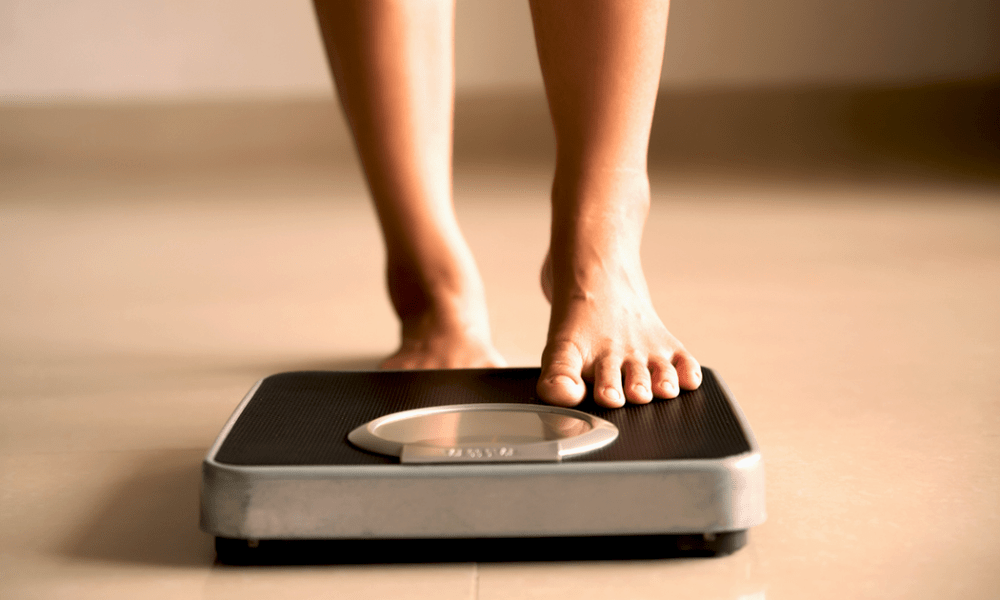Losing weight has never been easy. Everyone appears to have an opinion on how to have successful weight loss. Additionally, the internet and different medical practitioners advocate a variety of methods and trends. You may try them all, hoping to find success but find that none of them is working for you.
You may also find that what is suggested is not always appealing or has undesirable side effects. If this is you, then you should consider using integrative Medicine. Integrative Medicine approaches weight loss in the same way it does other equally complex health issues, and this is by getting to the root cause.
What Is Integrative Medicine?
Integrative Medicine is a patient-centered treatment technique. A medical doctor trained in integrative Medicine evaluates the physical, emotional, mental, social, spiritual, and environmental factors that influence your health. It is a healing-oriented treatment that uses more tailored care to restore and maintain health and wellness.
It is a good form of medicine for patients looking for health care alternatives that go beyond medication and traditional therapy. It is also a good form of medicine for patients who have tried alternative therapies such as supplements and mind-body work, but the treatments are not working for them.
How To Lose Weight Using Integrative Medicine?
Losing weight through an Integrative Medicine approach is comprehensive. We consider things such as thyroid, hormones, leptin, blood sugar, cortisol, and vitamin levels. It is important for the healthcare provider to act like a detective to try to figure out the combination of factors that are influencing weight. By fixing the underlying problems most people are much more successful at losing weight. Until you get in to see one of our providers, here are some thing that you can start working on.
Consider Your Diet
Nutritious meals are keys to effective weight gain or weight loss or even maintaining a healthy weight. Some people feel that nutritional advice is complicated, from calorie counting to portion sizes to establishing a healthy meal plan. Here are some simple tips to help you improve your eating habits.
Cut back on sugar, artificially sweetened drinks, starchy carbohydrates such as bread, processed and packaged foods containing hydrogenated oils and trans-fats, and limit red meat and dairy. This is because these foods contain more calories.
Try having a high-protein breakfast. Instead, consume low-carb and low-fat foods, such as whole grains, fresh fruits, and veggies. An example is taking eggs, black beans, lean pork, and Greek yogurt.
Secondly, you will need to control your portions. To start, get smaller plates. You can also learn how to cook. This will ensure you are eating healthy food.
Lastly, dieting works only if you are committed and stick to your diet. Many people who have lost weight effectively attribute their success to a change in diet and consistent exercise habits. The first week you will notice a reduction of body fat as well as water weight. Weight reduction may be more rapid if you’re new to dieting. The more weight you have to lose, the more quickly you’ll drop it. Unless otherwise advised by your doctor, dropping 1–2 pounds each week is typically a safe amount.
Increase Your Vegetable and Fiber Intake
The bulk of your diet should consist of fresh, raw, preferably organic fruits and vegetables. Berries are the best fruits, and the best vegetables are brilliantly colored green, red, orange, yellow, blue, and black. You can make this easier by eating a fruit salad, making a fruit juice, or vegetable salad daily.
On average, men should consume at least 35 grams of fiber each day, while women should consume 25 grams. Track your consumption for a few days, and you’ll be astonished at how far you’ve come. If you notice you are falling short on your fiber, try increasing your fiber and veggie portions.
Eat Slowly
Eating slowly allows you to consume less. To be clear, eating slowly does not imply eating one spoon each hour but rather properly chewing your meal. Eating slowly raises the levels of gut hormones responsible for feeling full, which may reduce your calorie intake.
Moreover, Chewing food fully slows down your eating rate, which lowers the number of calories you consume, contributing to weight loss. Furthermore, chewing gently will improve your digestion, help you absorb nutrients better, and even lower your stress levels.
Exercise To Gain Healthy Weight
Physical activity is required for good weight loss. Many individuals believe that exercising only entails going to the gym or purchasing pricey gym equipment. On the contrary, most individuals can get by with just walking or cycling, and it doesn’t even have to be all at once.
Some people like to run or swim instead, which is even better. If this doesn’t work, try walking. Taking multiple shorter walks throughout the day counts as exercise and adds up to a large quantity of activity. You may also attempt at-home activities using exercise bands, free weights, and a pull-up bar.
Manage Your Stress Levels
Sometimes you may be doing everything correctly, such as not eating too much and exercising consistently, but you are still unable to lose weight. Check on your stress level as it can help you lose weight. It’s also a major reason why we gain weight. When under stress, our systems generate chemicals (particularly cortisol) that instruct us to save extra energy for potentially dangerous situations.
Additionally, your body produces a surge of hormones when you are in a stressful situation. These hormones temporarily increase your blood pressure causing your heart to beat faster and your blood vessels to narrow. As a result, you’ll have carb and sugar cravings and gain weight around your stomach.
Generally, you cannot completely avoid stress, but there are numerous strategies to handle it. First, identify and, if possible, avoid the stressors. This is accomplished on an hourly and daily basis by simply taking the time to balance the stressors. You can also go for a short walk, do a few minutes of deep-breathing exercises, meditation, or restorative yoga.
Get Enough Sleep
Good sleep is still undervalued, even though it plays such a crucial role. Beneficial hormones that help in enhanced metabolisms, such as thyroid, testosterone, and growth hormone, are created during deeper sleep cycles.
Moreover, lack of sleep disrupts the balance of essential hunger signaling chemicals, resulting in increased appetite. Get a good night’s sleep if you want a successful weight loss. It is recommended that an adult gets 7-9 hours of sleep. If you are falling short, make an effort to go to bed early or resolve whatever is preventing you from getting enough sleep.
Lower Your Alcohol Consumption
Alcohol was a common beverage throughout the pandemic. However, drinking affects your blood sugar and can make it difficult to lose weight and even encourage weight gain. If you notice your waistline increasing, cut back on your alcohol usage. In addition, choose beverages that have fewer calories and sugar.
Age
As you age, try eating fewer calories. You don’t need as many calories as you did while younger because your metabolic rate is becoming slower. People acquire 1-2 pounds every year on average as they become older. Do not lose sight of the importance of eating less.
If you are in this category, try limiting your portion sizes, snacks frequently, and overall calorie consumption. To minimize your overall calorie consumption, make a few simple modifications to your daily eating habits. This will help you maintain a healthy body weight.
For trustworthy health information on what to do if you want to lose weight using integrative Medicine or your weight loss journey, fill out our online form to book an appointment today.

